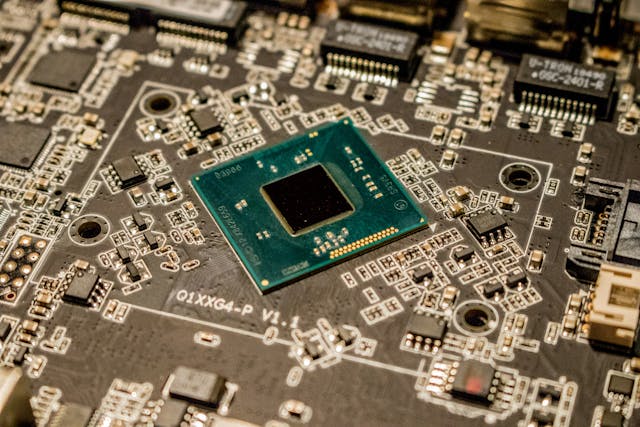Cambridge University researchers are addressing battery life anxieties with a microchip that could extend device lifespans. Imagine needing only a dozen recharges per year, significantly reducing charging hassles.
Many of us face the daily inconvenience of our phone batteries running out. Depending on the phone, this annoyance can occur multiple times a day. Frankly, it’s very irritating.
Imagine if there was a development that could extend the battery life of smartphones to a month before needing a recharge. It’s quite an astonishing idea.

This groundbreaking concept could become a reality thanks to scientists at Cambridge University. Their work involves a microchip that could reduce the need for frequent recharging, potentially leading to just 12 charges a year for smartphones.
Vaire, the commercial branch of the university, has secured support from the UK government and several semiconductor startups, aiming to position the UK at the forefront of technology.
Semiconductors are considered the foundation of the modern world, as stated by Ministry of Tech representative Paul Scully.
The microchip under development at Cambridge University is the product of a team of skilled mathematicians. The idea is to design a silicon chip processor that requires minimal energy to function.

This innovation could reduce the need for advanced batteries, potentially improving smartphone battery life. Unfortunately, there’s not much public information about this new microchip, but it’s an intriguing prospect.
Sean Redmond, chief executive of SiliconCatalyst.UK, the company running the project, said: “If they can really deliver on that outrageous claim, it means that you will have a mobile phone that will last a month, not a day. Nobody in the world today has been able to realise that in a semiconductor chip – if anybody can do it, this team out of Cambridge in the UK will be able to.”
The microchip, though not entirely new, is reportedly over 100 times smaller than current state-of-the-art devices. Similar technology has been utilized in the medical field for years, such as cochlear implants for hearing-impaired individuals.
Part of a $1.5 million program, these microchips aim to “revolutionize lives globally,” beyond the UK. Another chip within this initiative targets aiding those with brain conditions like Parkinson’s.
Despite recent stagnation, researchers aim to advance the technology in the upcoming months and years, seeking significant breakthroughs.
